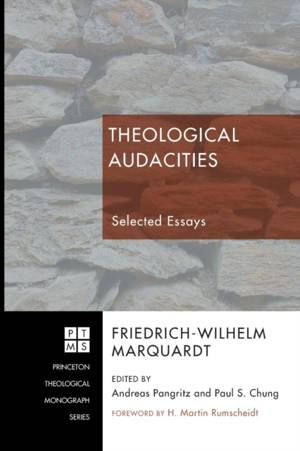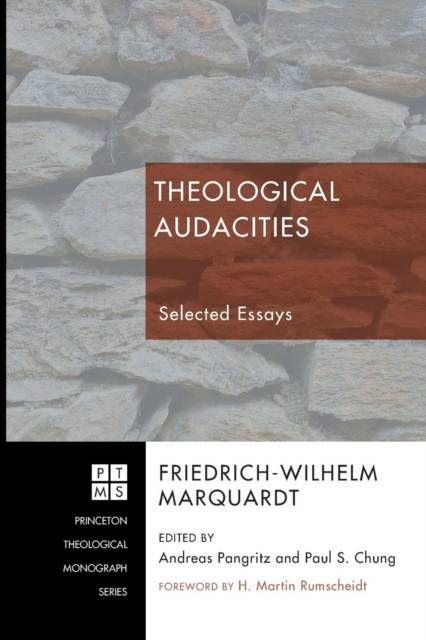
Bedankt voor het vertrouwen het afgelopen jaar! Om jou te bedanken bieden we GRATIS verzending (in België) aan op alles gedurende de hele maand januari.
- Afhalen na 1 uur in een winkel met voorraad
- Gratis thuislevering in België vanaf € 30
- Ruim aanbod met 7 miljoen producten
Bedankt voor het vertrouwen het afgelopen jaar! Om jou te bedanken bieden we GRATIS verzending (in België) aan op alles gedurende de hele maand januari.
- Afhalen na 1 uur in een winkel met voorraad
- Gratis thuislevering in België vanaf € 30
- Ruim aanbod met 7 miljoen producten
Zoeken
Omschrijving
""That the God of Israel makes doers of us through the Torah is, in my view, the most beautiful thing we can thank him for: Every lethargy, every melancholy, indifference and moroseness is ended . . . Wherever the Torah claims us as doers, it confronts the nihilism that exclaims: There's nothing I can do. The Torah opposes anti-revolutionary laziness"" (F.-W. Marquardt). This anthology contains a selection of essays by Friedrich-Wilhelm Marquardt (1928-2002), former professor of systematic theology at the Free University of Berlin, Germany. As a student of Karl Barth in the fifties, Marquardt became one of the most influential pioneers in renewing the relationship between Christians and Jews in Germany after the Shoah, as well as a Barth scholar proposing a new perspective on Barth's theology and political radicalism. Accordingly the essays contained in this volume deal with the two main areas of interest in Marquardt's theological journey: Part 1 presents essays dealing with new perspectives in the relationship between Christians and Jews after the Shoah, promoting for example the significance of ""the Jewish No"" to the Messiahship of Jesus for Christian theology, and the relevance of Talmudic studies for Christians. Part 2 presents examples of Marquardt's approach to Barth's theology, emphasizing the relevance of connecting the theological and the political spheres in general, and the socialist horizon in particular in Barth's theological framework. This perspective is supported by an abundance of historical evidence and by deciphering Barth's unpublished ""Socialist Speeches"" from the Safenwil period.
Specificaties
Betrokkenen
- Auteur(s):
- Uitgeverij:
Inhoud
- Aantal bladzijden:
- 278
- Taal:
- Engels
- Reeks:
- Reeksnummer:
- nr. 137
Eigenschappen
- Productcode (EAN):
- 9781606089439
- Verschijningsdatum:
- 1/05/2010
- Uitvoering:
- Paperback
- Formaat:
- Trade paperback (VS)
- Afmetingen:
- 152 mm x 226 mm
- Gewicht:
- 399 g

Alleen bij Standaard Boekhandel
+ 100 punten op je klantenkaart van Standaard Boekhandel
Beoordelingen
We publiceren alleen reviews die voldoen aan de voorwaarden voor reviews. Bekijk onze voorwaarden voor reviews.









